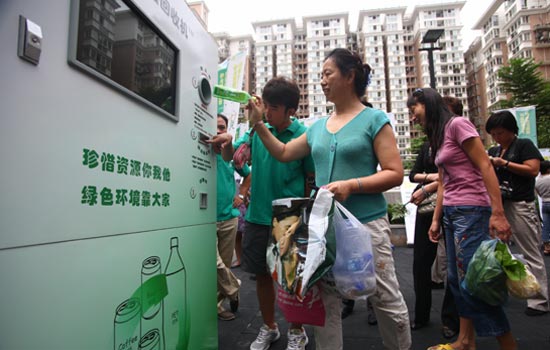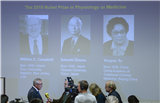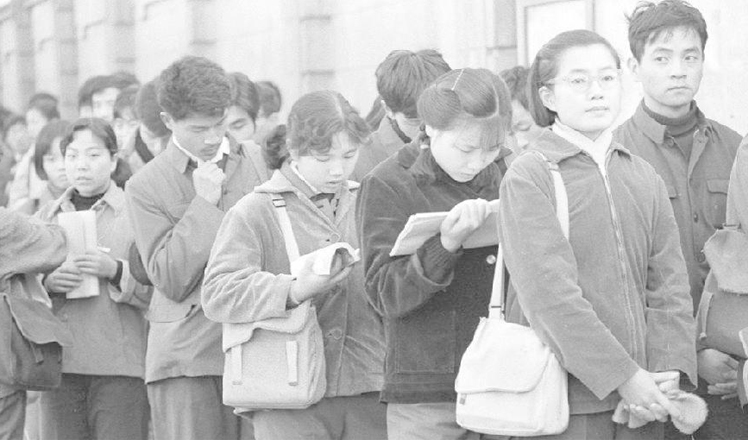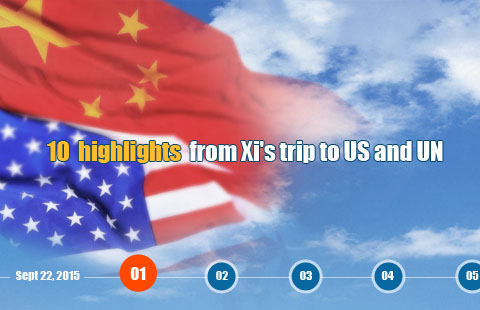Vending machines turn trash into treasure
Updated: 2012-07-04 11:15
By Zheng Xin(China Daily)
|
||||||||
|
 |
|
Residents use a reverse vending machine at a community in Beijing. [Photo/China Daily] |
Everyone is familiar with the vending machine that spits out a can of coke or a bag of Skittles.
However, if you like cold, hard cash better than the cold, hard candy, here is another dispenser you might be interested in - the Reverse Vending Machine, which rewards users coins in exchange for their empty plastic bottles.
Ten such machines, the size of big refrigerators, have appeared at major subways and bus stops within the Fourth Ring Road of the capital since the end of July, turning trash into treasure while encouraging the public to recycle and sort garbage.
Two thousand of them will be in place within the next two years, including 80 at colleges and universities, shopping malls, communities and office buildings, according to Chang Tao, director of INCOM, the producer of the machines.
"You get rewarded for recycling," said Chang. "People can also have the money donated if they wish."
The process starts with consumers casting their empties in the dispensers' feed unit. Plastic containers are identified by an imaging camera, compacted to less than one-third of the size and sorted into a built-in bin. The users can then get their monetary reward by scanning their metro card to the machine.
Better behavior
Widespread use of the vending machines could greatly encourage the public to sort trash and save natural resources, said experts.
"Despite the government's efforts in encouraging trash sorting, it has been poorly conducted in the city," said Chen Liwen, researcher with the Green Beagle, an environmental protection organization in the capital. "However, with monetary incentives, I guess the public will feel more motivated to do so."
When the machine is filled with bottles, its data center will inform the company's head office, located in the capital's Shunyi district. Nearby packing stations will send workers to have them collected, packed and sent to the headquarters.
The data center can also identify other sorts of trash besides plastic bottles, such as waste paper, and spit them out, Chang said.
When the pilot project is working well in the capital, the company will further expand its service in the economically developed cities, including Shanghai, Suzhou, Wuxi and Hangzhou, and later nationwide.
Chang said the service will also cover other items, such as tin cans, to turn more trash into treasure and take full advantage of the natural resources.
- Russian warplanes hit IS targets in Syria
- Senior US envoy to visit Japan, S Korea, China
- Russia, US agree to cooperate in solving Syria crisis: Russian FM
- Iranian President calls Iran deal victory over war
- LatAm experts praise Xi on yuan, globalization
- Evidence found of summertime water flows on Mars: study

 China wins first Nobel in medicine
China wins first Nobel in medicine-
 Gary Locke: Candor key to relations
Gary Locke: Candor key to relations -
 Saving Chinese folk songs
Saving Chinese folk songs 
 Candlelight vigil for Oregon shooting victims
Candlelight vigil for Oregon shooting victims
 Chinese people's pursuits in different eras
Chinese people's pursuits in different eras
 Ten highlights from Xi's trip to US and UN
Ten highlights from Xi's trip to US and UN
 Top 10 life-changing benefits from Xi's US visit
Top 10 life-changing benefits from Xi's US visit-
 Highlights of President Xi's speeches at UN
Highlights of President Xi's speeches at UN
Most Viewed
Editor's Picks

|

|

|

|

|

|
Today's Top News
Tu first Chinese to win Nobel Prize in Medicine
Huntsman says Sino-US relationship needs common goals
Xi pledges $2 billion to help developing countries
Young people from US look forward to Xi's state visit: Survey
US to accept more refugees than planned
Li calls on State-owned firms to tap more global markets
Apple's iOS App Store suffers first major attack
Japan enacts new security laws to overturn postwar pacifism
US Weekly

|

|








